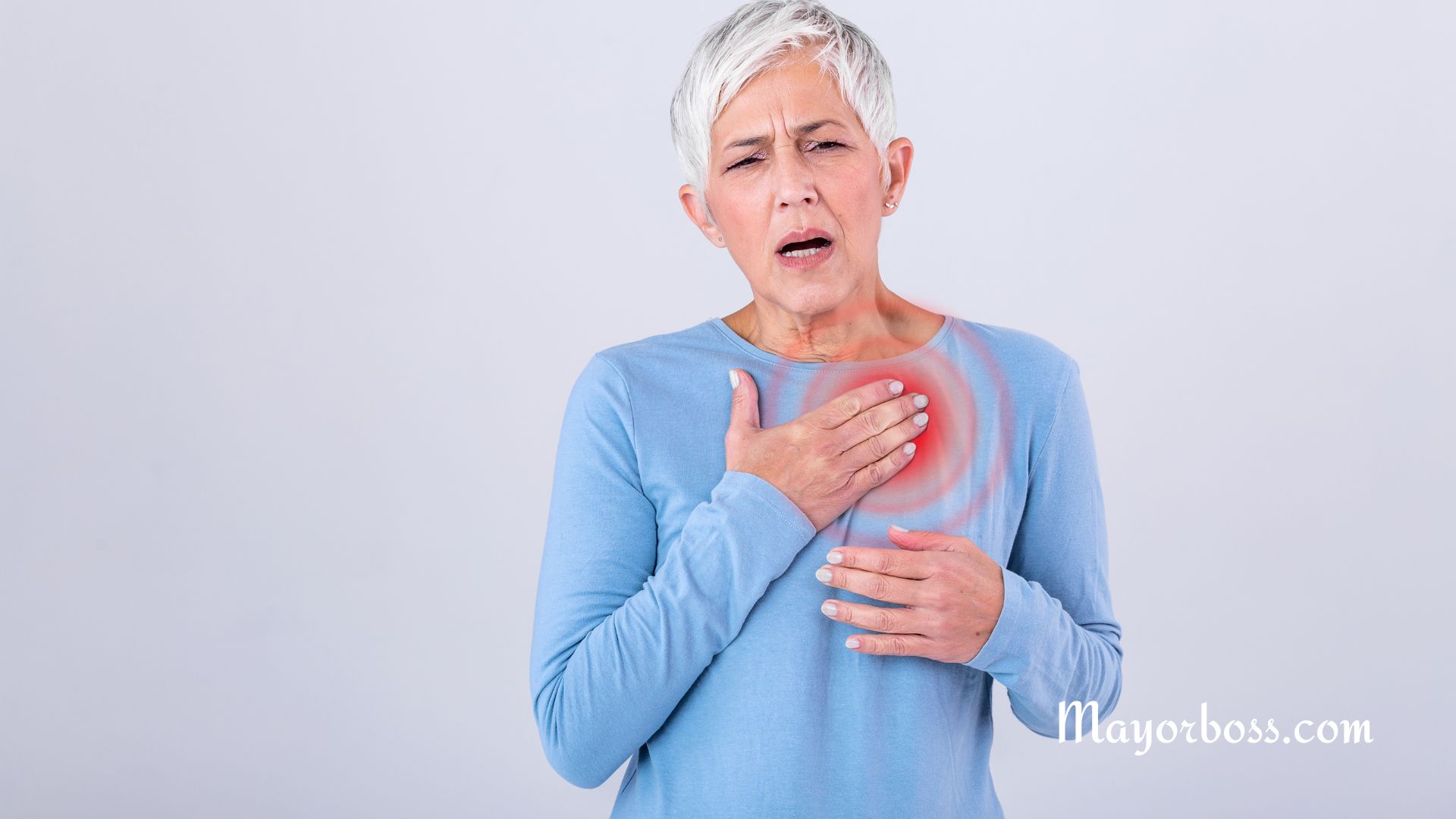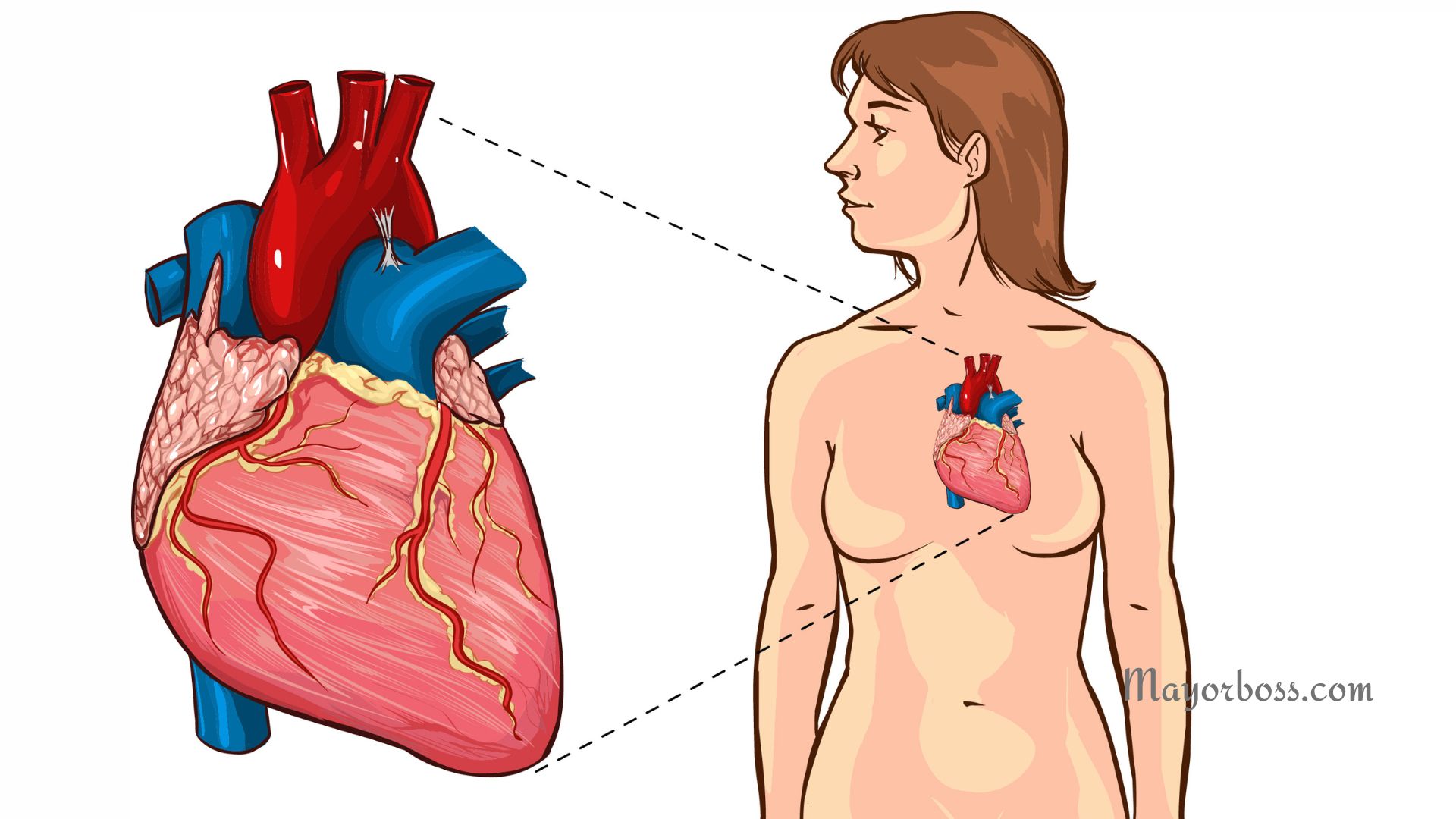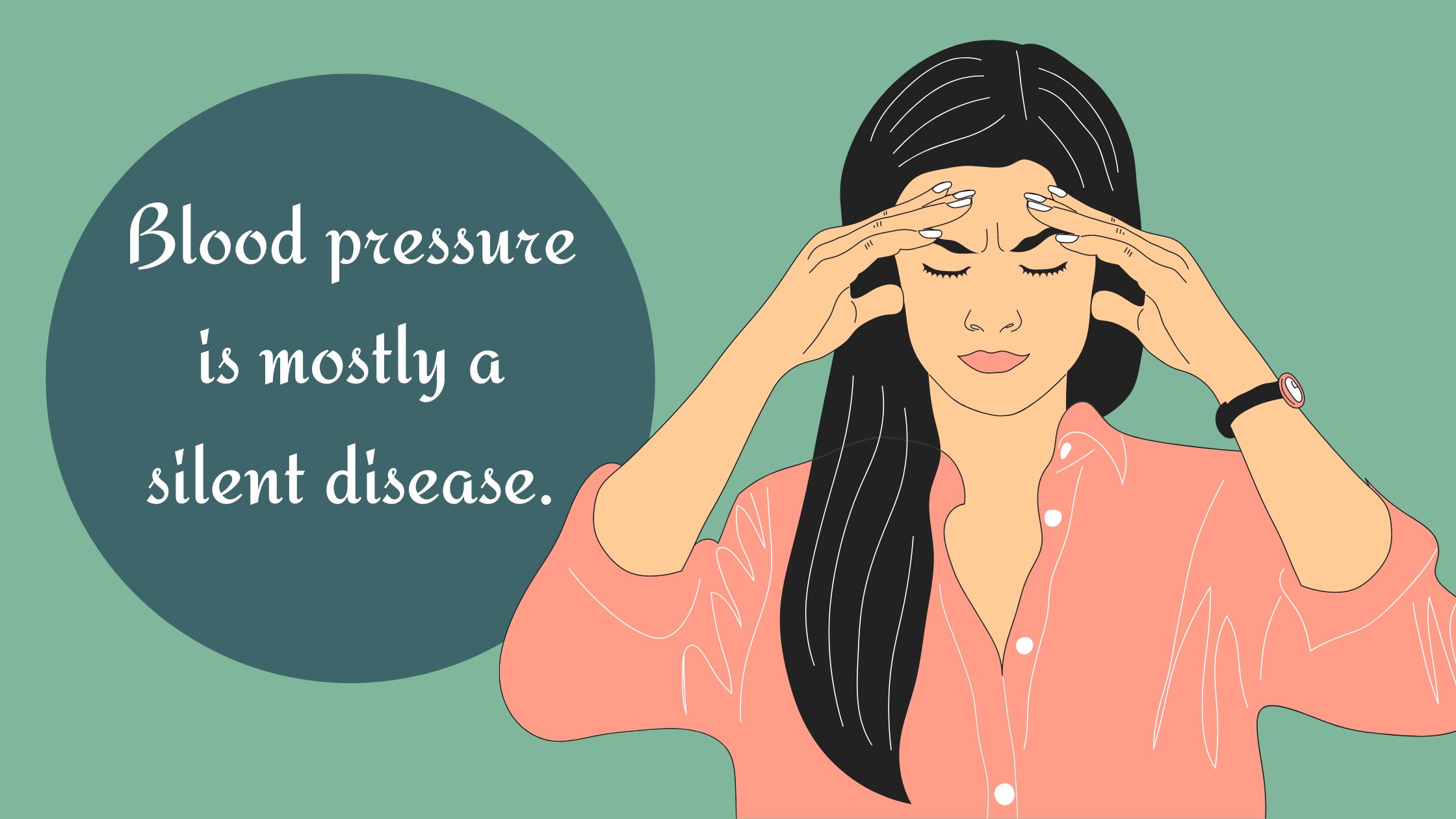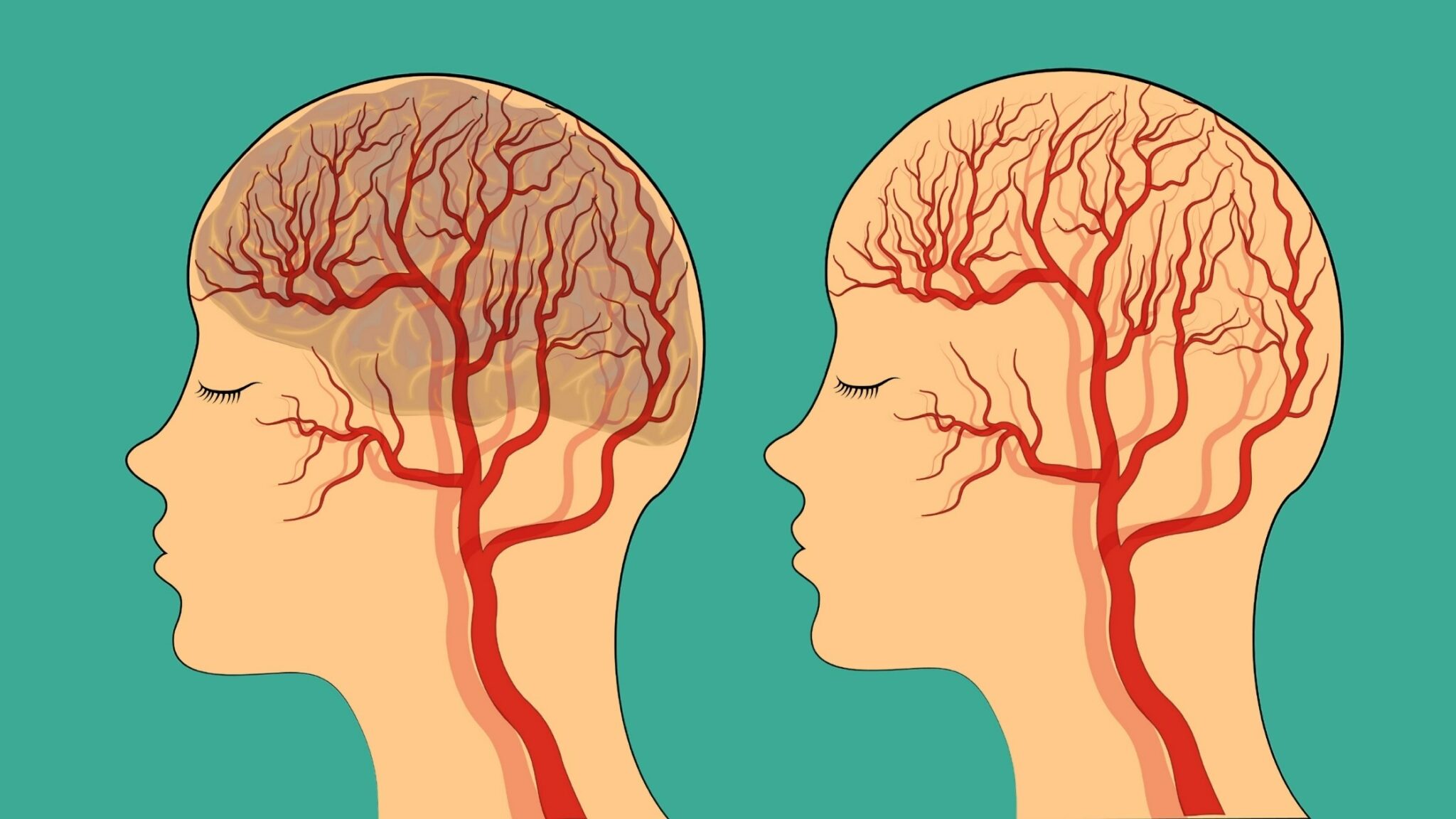Early Warning Signs of a Stroke
Strokes can happen to anyone, and they often strike without warning. But if you know what to look out for, you can act quickly, potentially saving a life—maybe even your own. Scroll through below to learn the signs you should never ignore and why time is of the essence when it comes to strokes.
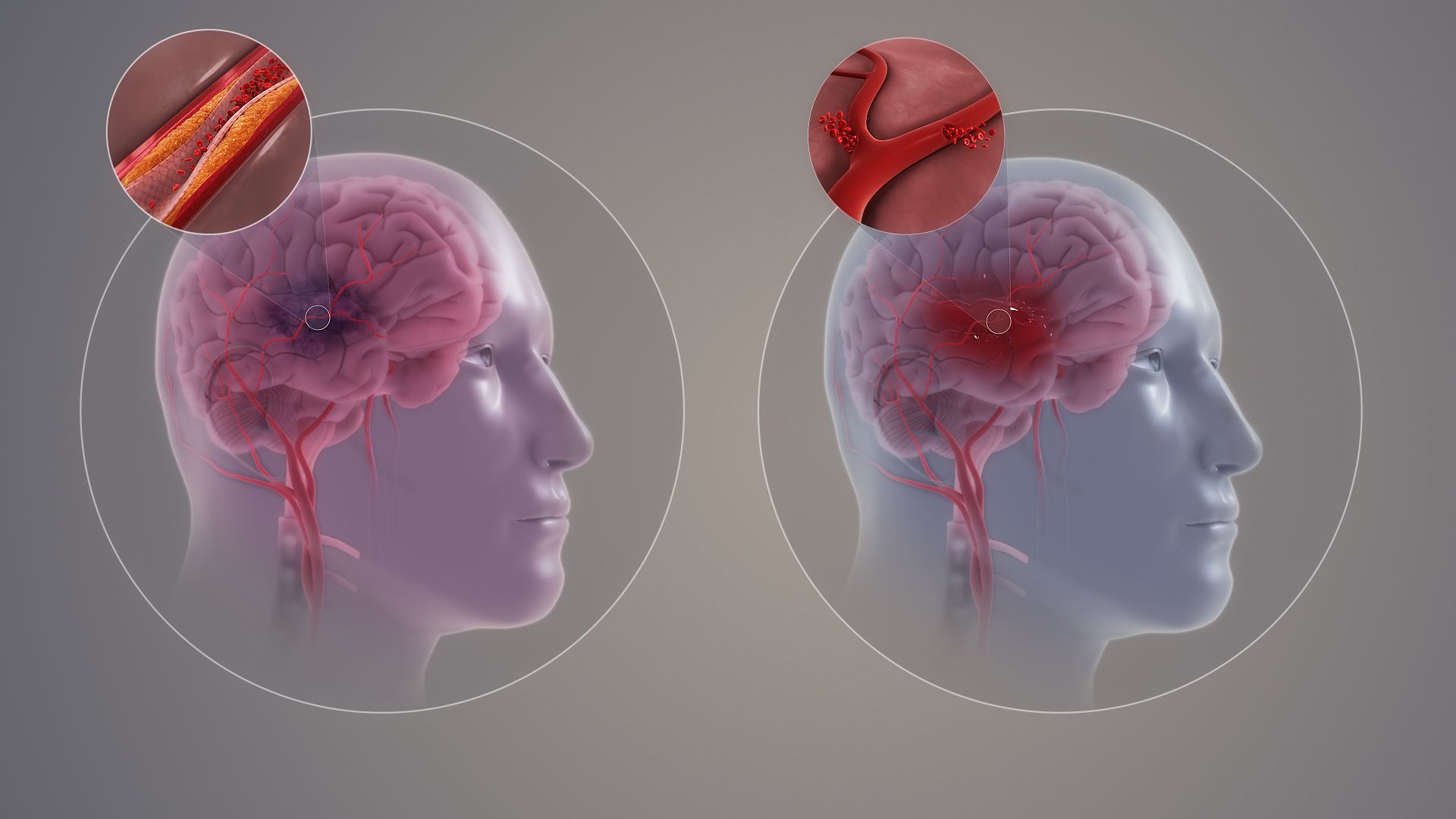
Your Body May Signal a Stroke with Sudden Numbness or Weakness
One of the most common signs of a stroke is sudden numbness or weakness in your face, arm, or leg. Usually, this occurs on one side of your body. You might notice that your arm feels heavy or that your leg is suddenly weak, making it hard to walk. Even something as simple as a smile might look different because one side of your face could droop. These changes happen quickly and without any obvious cause.
This numbness or weakness happens because a stroke occurs when the blood supply to a part of your brain is cut off. Without blood, brain cells in that area begin to die, which affects the parts of your body controlled by that region of the brain. So, if you or someone near you experiences sudden numbness or weakness, don’t wait—act immediately.
Sudden Confusion or Trouble Speaking Can Be a Red Flag
Strokes can also interfere with your ability to think clearly or speak. If you suddenly have trouble understanding what people are saying, or if your words come out slurred or garbled, this could be a sign of a stroke. Some people may suddenly struggle to find the right words, or they might have difficulty forming complete sentences. This is not just forgetfulness; it’s a serious warning sign.
This confusion happens because the brain isn’t getting enough oxygen. Different areas of your brain control different functions, like speech and language. When those areas are affected by a stroke, it can lead to sudden communication problems. Therefore, if you notice someone struggling to speak or understand others, you should treat it as an emergency.
Blurred Vision or Trouble Seeing Out of One or Both Eyes
Another warning sign of a stroke to be aware of is sudden blurred vision or difficulty seeing out of one or both eyes. Some people describe this as a curtain coming down over their vision, or they might see double. This symptom can be particularly frightening because it can come out of nowhere and may lead to accidents or falls.
Strokes can affect the parts of your brain responsible for processing visual information. When these areas are deprived of blood, your vision can suddenly become compromised. If you ever experience this sudden change in vision, it’s crucial to seek medical help immediately. Don’t assume it’s just tiredness or eye strain.
A Severe Headache That Appears Without Warning
A stroke can also cause a sudden, severe headache. This isn’t like a typical headache or even a migraine. Instead, it’s often described as the worst headache of your life. It may come on suddenly, without any warning signs, and can be accompanied by dizziness, nausea, or vomiting.
This kind of headache can be a sign of a hemorrhagic stroke, which occurs when a blood vessel in your brain bursts. The pressure from the bleeding can cause intense pain and requires immediate medical attention. If you or someone else experiences a sudden and severe headache, don’t brush it off. It’s a medical emergency.
Difficulty Walking or Loss of Balance Might Signal a Stroke
Strokes can also affect your coordination and balance. You might suddenly feel dizzy, lose your balance, or have trouble walking. This can make you feel like the room is spinning or that you can’t control your movements properly. Sometimes, people may even feel like they’re about to pass out.
These symptoms occur because the brain isn’t able to properly communicate with your muscles and joints. If you notice sudden difficulty walking, standing, or maintaining your balance, it’s important to get help right away. Don’t try to shake it off or assume it will pass—it could be a sign of something serious.
The Importance of Acting Quickly When You Notice Stroke Symptoms
When it comes to strokes, every minute counts. Doctors say that the sooner you get treatment, the better your chances of recovery. That’s because treatments for strokes are most effective when given as soon as possible after symptoms begin. The longer a stroke goes untreated, the more brain cells die, leading to more severe and lasting damage.
If you or someone else shows any of these warning signs, don’t wait. Call emergency services immediately. Even if the symptoms go away after a few minutes, it’s important to get checked out by a doctor. Temporary symptoms could be a warning indication of a transient ischemic attack (TIA), which is often called a “mini-stroke.” Although a TIA doesn’t cause lasting damage, it’s a serious warning that a full-blown stroke could happen soon.
Remembering the F.A.S.T. Acronym Can Help Save Lives
One of the easiest ways to remember the early signs of a stroke is to use the acronym F.A.S.T., which stands for:
- Face drooping: Does one side of the face droop, or is it numb? Ask the person to smile.
- Arm weakness: Is one arm weak or numb? Ask the person to raise both arms. Does one arm drift downward?
- Speech difficulty: Is speech slurred, are they unable to speak, or are they hard to understand? Ask the person to repeat a simple sentence, like “The sky is blue.”
- Time to call emergency services: If the person shows any of these symptoms, even if they go away, call emergency services immediately.
By remembering this acronym, you can act quickly if you or someone else is having a stroke. And as we noted earlier, every minute matters.
Take Action at the First Sign of a Stroke
Strokes can happen to anyone, and they often strike without warning. However, knowing the early warning signs can help you act quickly and get the treatment needed to reduce the risk of long-term damage. Whether it’s sudden numbness, trouble speaking, blurred vision, a severe headache, or difficulty walking, don’t ignore these signs. And keep in mind that using the F.A.S.T. acronym can be a simple yet powerful way to save a life. If you notice these symptoms in yourself or someone else, act fast and call emergency services right away.

